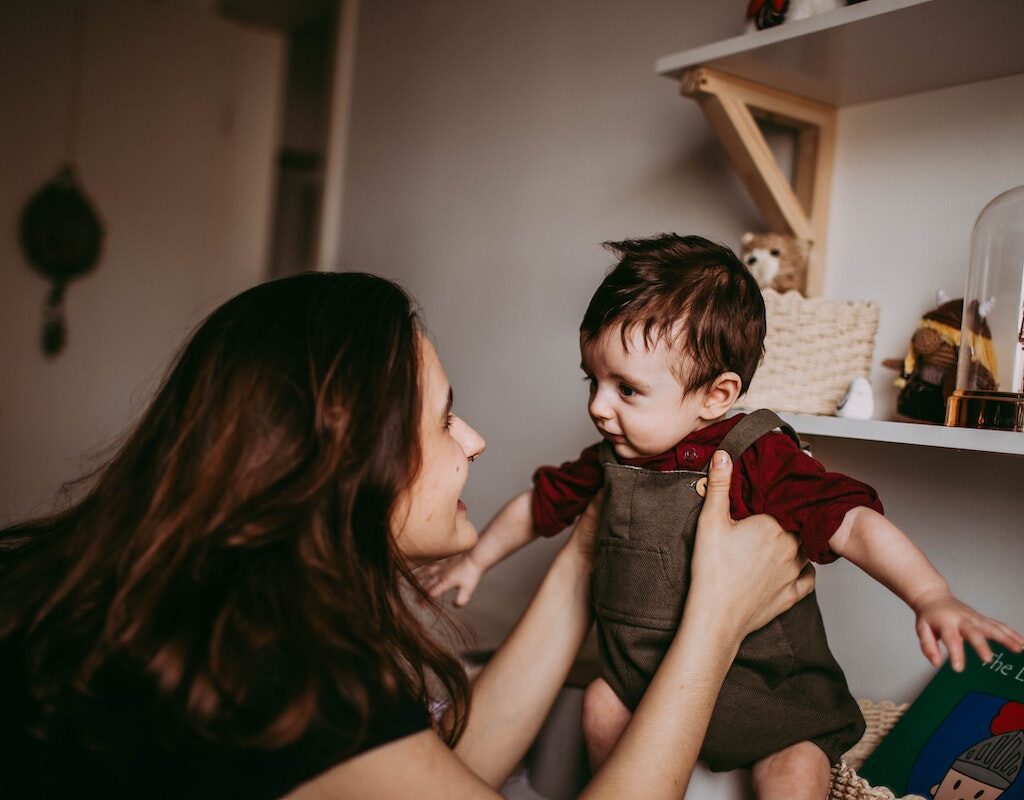Sudden infant death syndrome (SIDS) is a tragic event that takes the lives of thousands of infants every year. Unfortunately, many parents are unaware of what SIDS is, how to prevent it, and what to do if their child dies from it. This blog post will discuss everything you need to know about SIDS. We will define the condition, outline the risk factors, and provide tips on how to keep your child safe.
SIDS is defined as the sudden, unexpected death of an infant under the age of one. Babies between two and four months old are most at risk for SIDS, and 90 per cent of cases occur in babies under six months old. The cause of SIDS is unknown, but there are several risk factors that have been identified.
These include:
- Sleeping on your stomach or side
- Exposure to secondhand smoke
- Inadequate levels of the brain chemical serotonin
- Use of soft bedding, such as pillows or blankets
Risk factors
SIDS, or sudden infant death syndrome, is the leading cause of death for babies between one month and one year old. While the exact causes of SIDS are still unknown, there are a number of factors that can increase a baby’s risk. For example,

- Being premature or very young is a significant risk factor, as is being a twin or triplet.
- Babies younger than four months old are at higher risk.
- Babies of women who smoked or used drugs during pregnancy are also more likely to develop SIDS.
- Boys are at a slightly higher risk than girls.
- Some family history, like babies with a sibling or cousin who died of SIDS, is at higher risk.
- The risk of SIDS is highest for infants who are Black, Native American, or Alaskan Native, followed by white. Asian/Pacific Islander and Hispanic infants are at lower risk.
How can I reduce the risk of SIDS?
Sudden Infant Death Syndrome is the leading cause of death for infants between one month and one year old. While the exact cause of SIDS is unknown, there are several measures that parents can take to reduce the risk.

- One of the most important is to avoid sharing a bed with your baby. Bed-sharing increases the risk of suffocation and accidental injury and is best avoided. Instead, always put your baby to sleep on his or her back on a firm sleeping surface such as a crib or bassinet. This position has been shown to reduce the risk of SIDS by up to 50% and other sleep-related problems such as suffocation and entrapment.
- In addition, use a mattress that is firm and free of pillows, blankets, and stuffed animals. These can all higher the risk of SIDS by contributing to an unsafe sleeping environment. By taking these simple precautions, you can help to reduce the risk of SIDS and give your baby a better chance of a safe and healthy sleep.
- One of the most important is to keep your baby’s sleeping space empty. This means using a firm mattress with a tight-fitting sheet and removing pillows, stuffed animals, and other soft objects from the crib. It’s also essential to choose a safe crib, bassinet, or play yard and to avoid sleeping with your baby on a couch, armchair or glider. Always put your baby to sleep on his or her back. This position has been shown to reduce the risk of SIDS by up to 50%
- Additionally, it’s essential to avoid overheating your baby and to keep them away from cigarette smoke. Make sure your baby is up to date on all vaccinations. These help to protect your baby from illnesses that can lead to SIDS. Also, offer your baby a pacifier when it’s time to sleep.
- This can help to soothe your baby and reduce the risk of SIDS. By following these steps, you can help to reduce the risk of SIDS for your little one. Breastfeed the baby wherever you can because the more and longer you breastfeed, the more protection your baby has against SIDS.

However, it’s important to remember that any baby can be affected by SIDS, and there is no sure way to prevent it from happening. The best thing parents can do is to create a safe sleep environment for their babies and to always supervise them while they are sleeping.
If your child dies from SIDS, it is important to seek counselling and support. This loss is devastating, and you will need time to grieve. There are many resources available to help you through this difficult time. The most important thing is to remember that you are not alone. Thousands of families are affected by SIDS every year, and we stand with you in your grief.
SIDS is a tragedy that no parent should have to go through. However, by understanding the condition and taking steps to reduce the risk factors, we can hopefully prevent this from happening to another family. Hope you find this article helpful. Thanks for reading.

